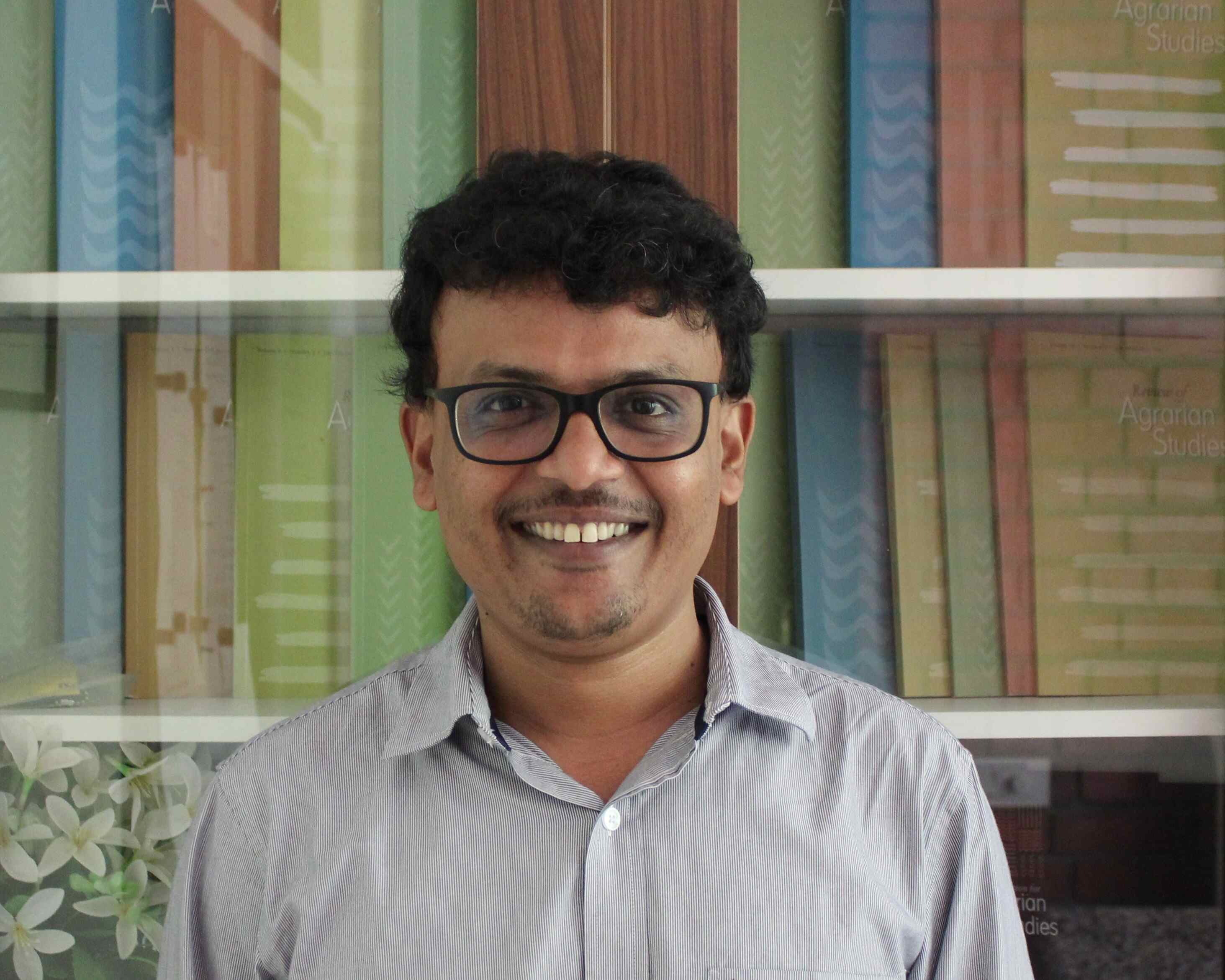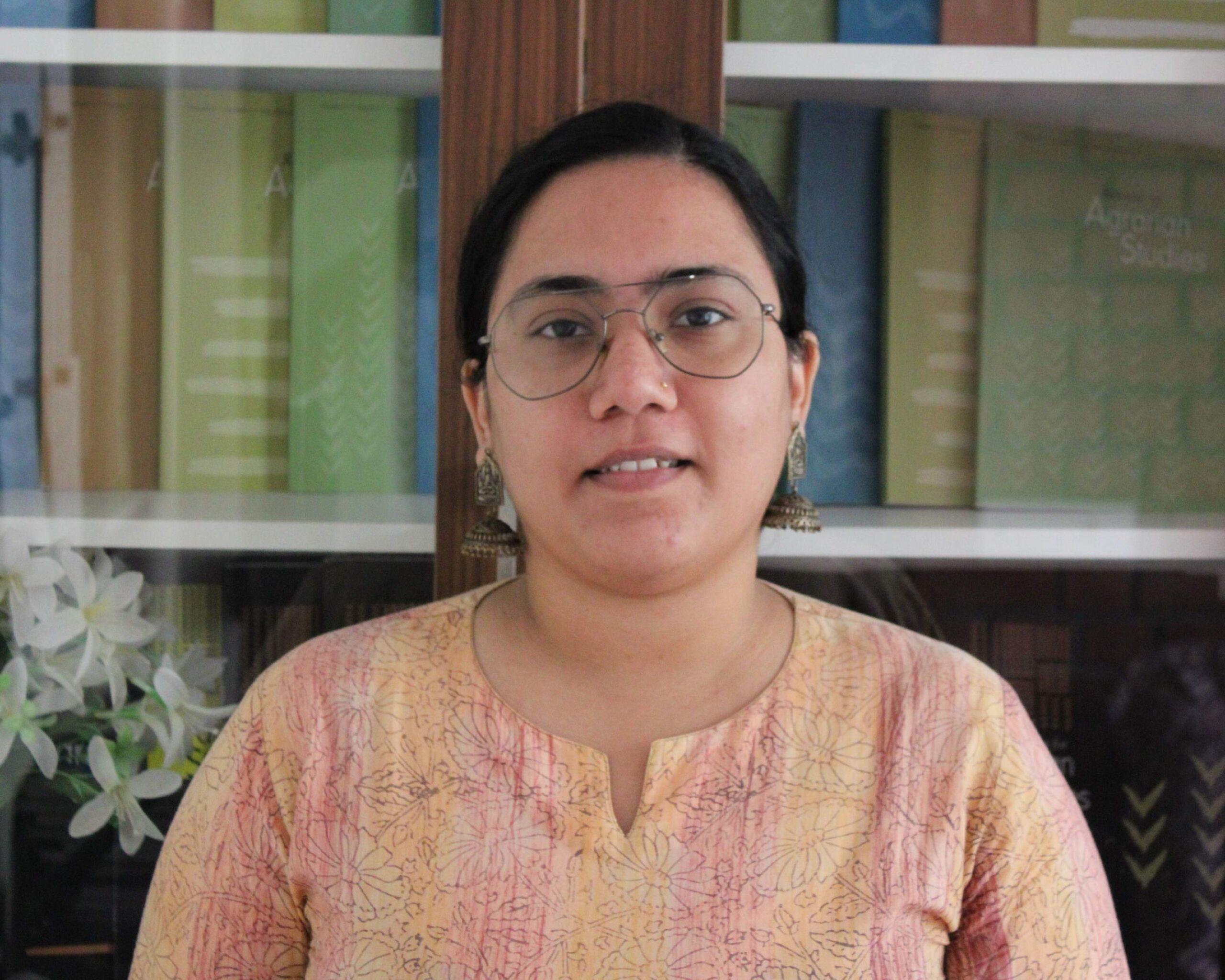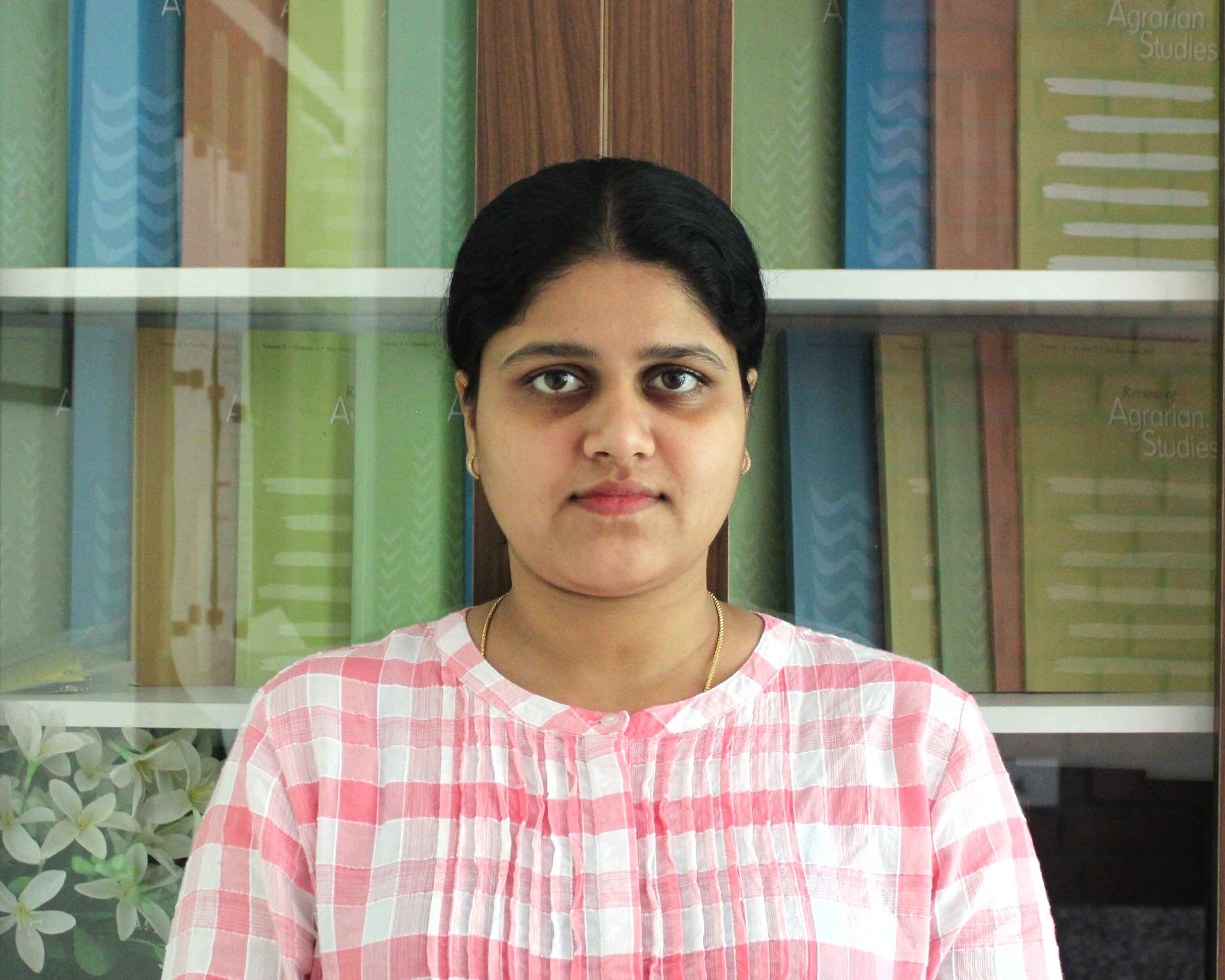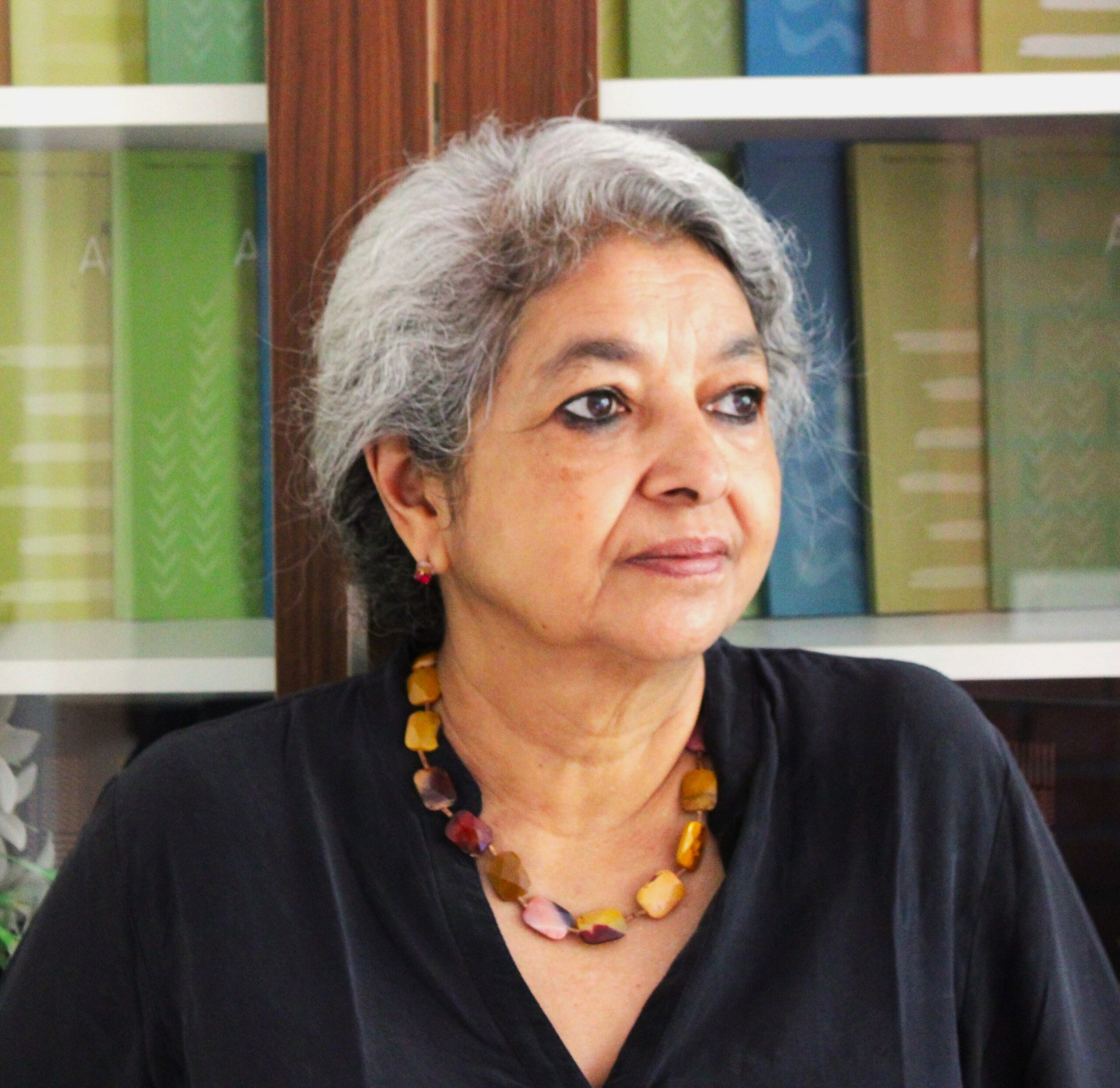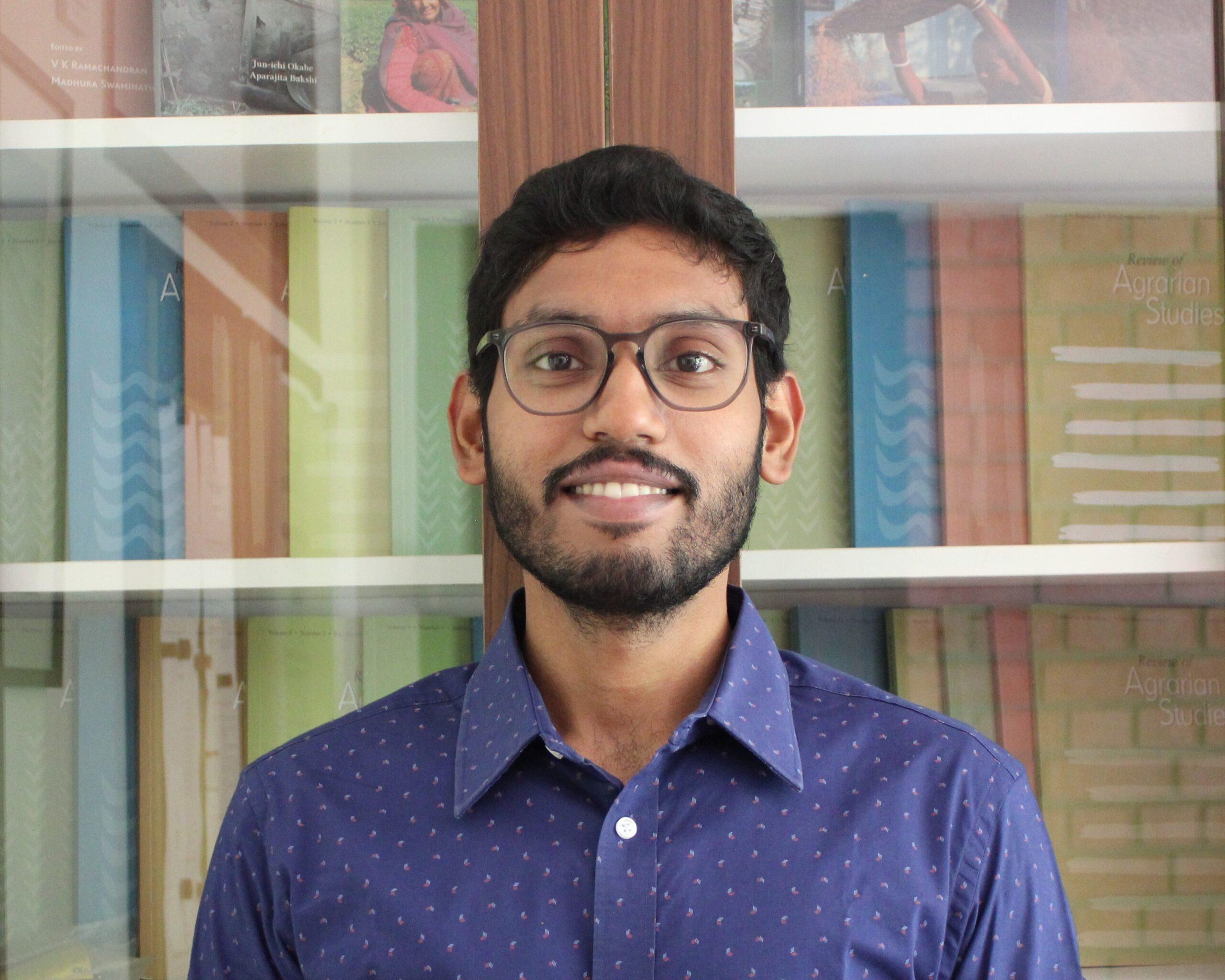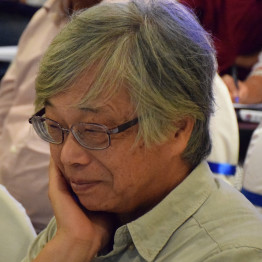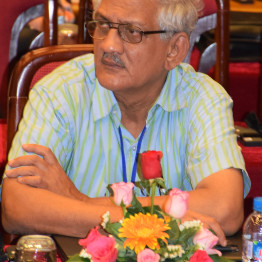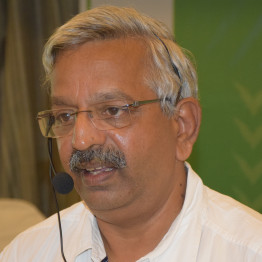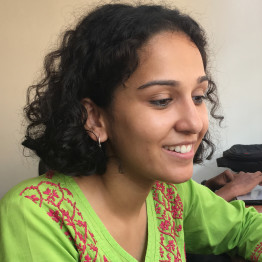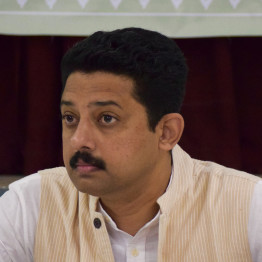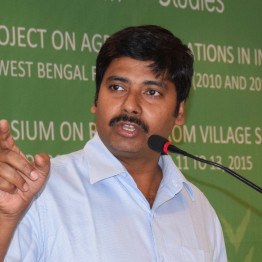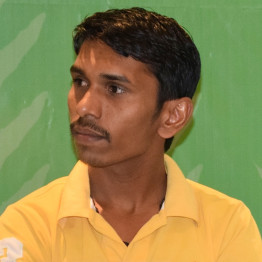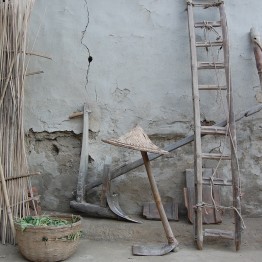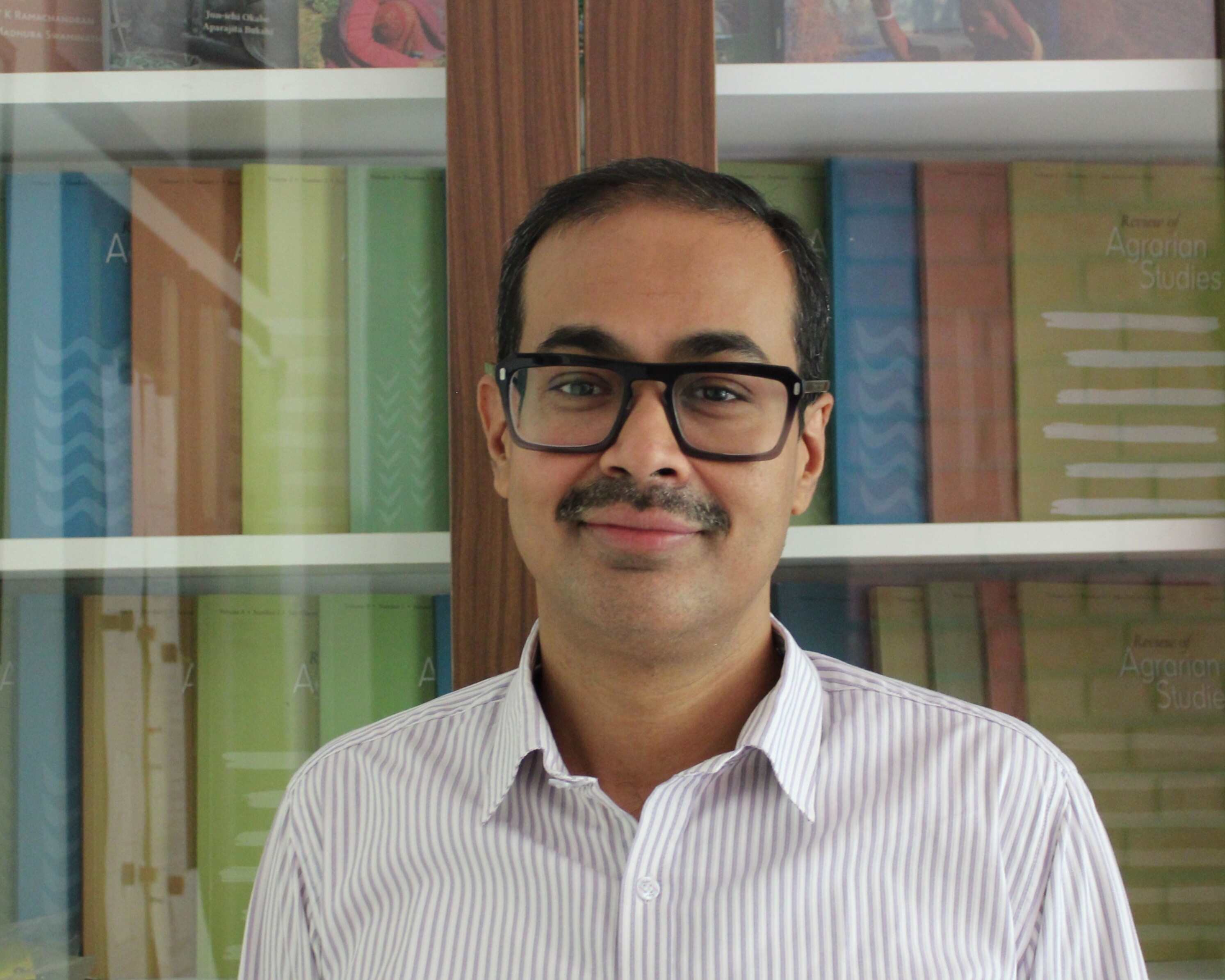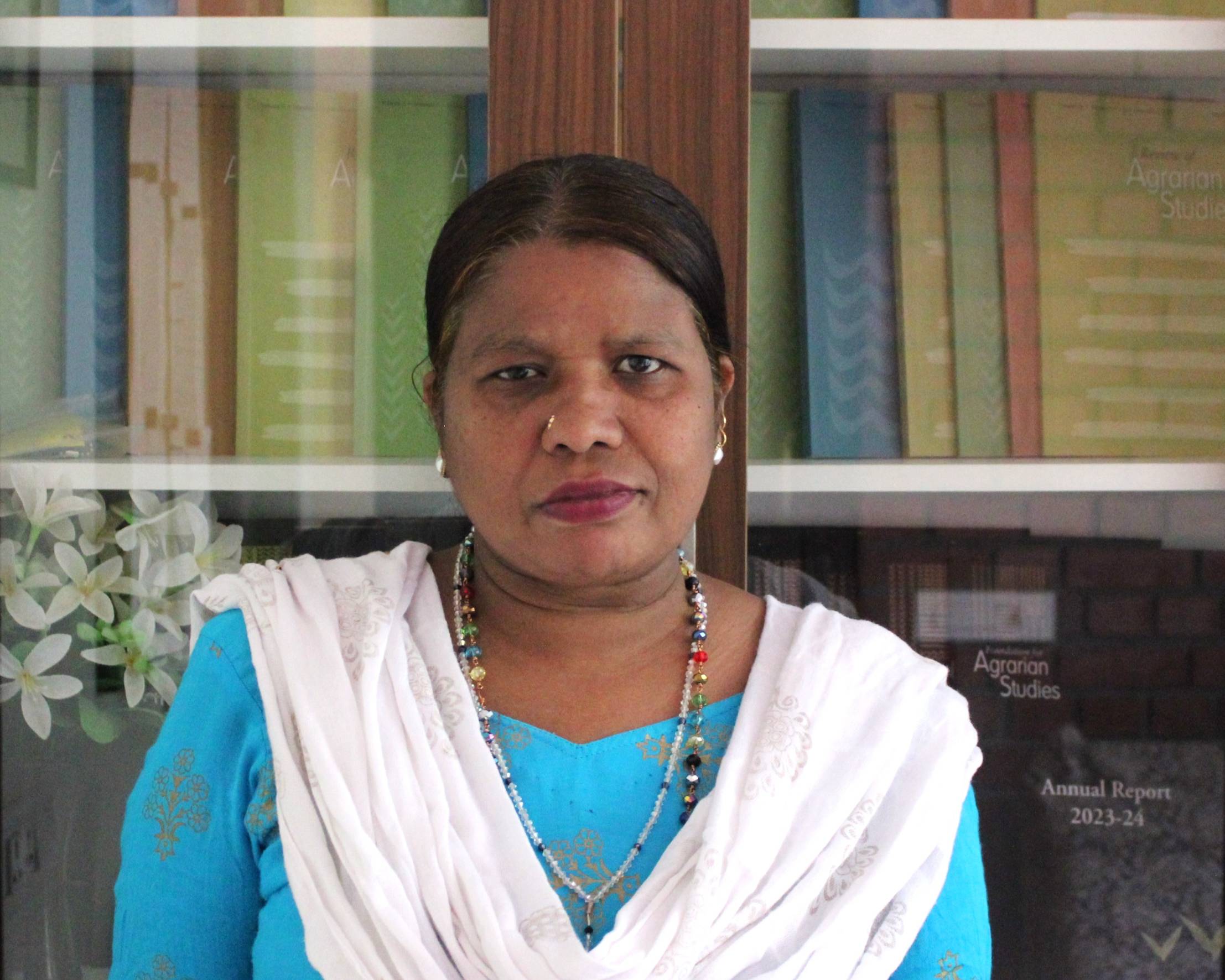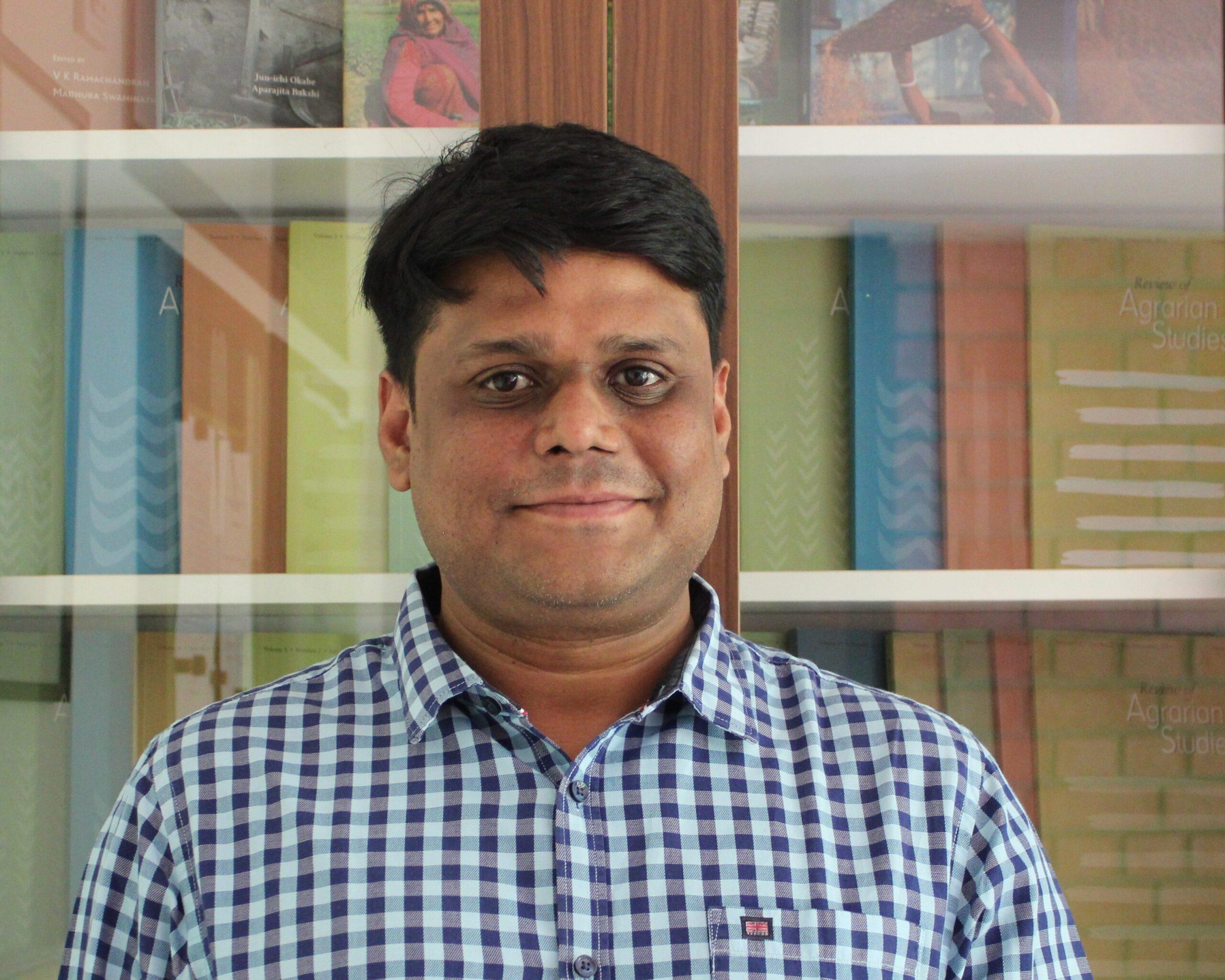The drought in Bundelkhand, which is spread across 13 districts in Uttar Pradesh and Madhya Pradesh, is leading to distress-driven migration in large numbers from this region. A report by Sayantan Bera published in Live Mint (June 9, 2016) writes about some of these migrants who reach Delhi in search of employment. Trains such as Mahakoshal and Uttar Pradesh Sampark Kranti bring, on a daily basis, around 400 people from villages in Bundelkhand to Sarai Kale Khan, which is near Nizamuddin railway station in Delhi and also adjacent to an inter-State bus terminus.
People come with their families. They spend their days waiting to find some work opportunities, their only protection from the intense summer heat in Delhi being the shade of a flyover in Sarai Kale Khan. They cook their meals here. They fetch drinking water from the nearby railway station. Women defecate only after sunset. There is no water for a bath. Some of them spend the nights at the inter-state bus terminus, returning every morning to reclaim their spots under the flyover. The few who find jobs as construction workers live on the construction sites with their families during the period of employment. Once their employment is over, they return to Sarai Kale Khan and look for jobs again.
As the influx of migrants in search of employment from Bundelkhand is large, labour contractors often cheat the workers. There have been cases of migrant workers who worked for a month but were paid wages for only 20 days.
Migrant workers from Bundelkhand attribute the current crisis to the virtual absence of government programmes in their villages for the public distribution of food and for employment creation.
About the author
Jayan Jose Thomas is a Professor of Economics at the Indian Institute of Technology Delhi.









